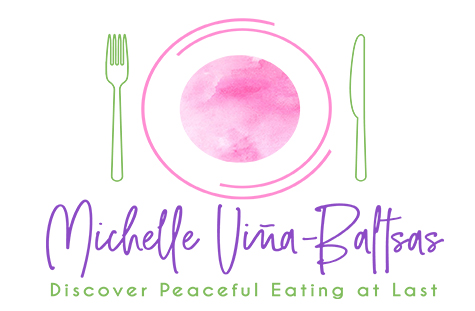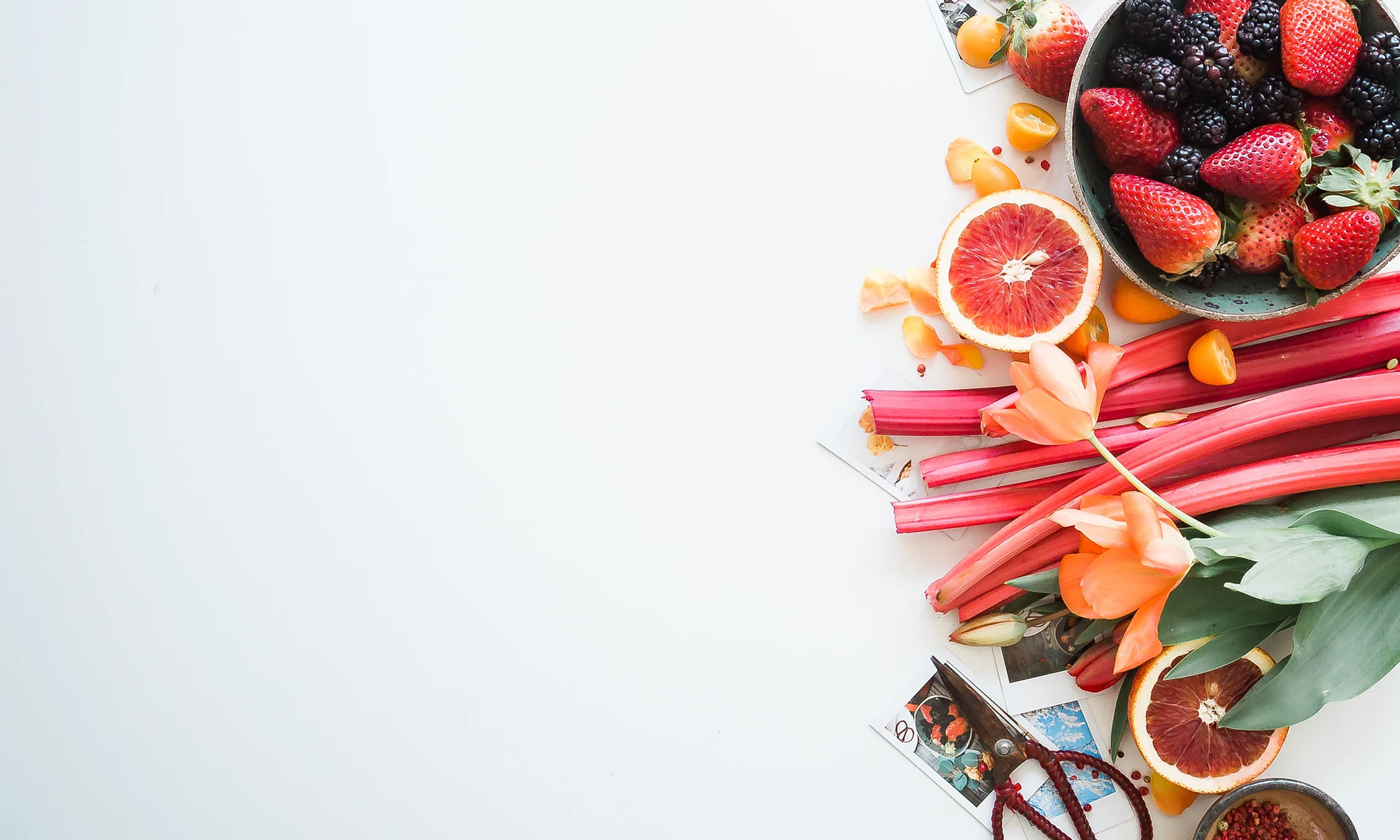Last week, in one of the professional groups where I belong, someone posted an article about fitness and fat, specifically as it relates to heart disease.
Even though this article had a very definitive bottom line,
"What we see is that the risk factor burden increases by weight category. Obese people have the highest burden of associated risk factors. That remains true according to the activity level,"
I was able to discern that the research was lacking important parameters that very likely would have changed its overall findings.
The article does say this, "This is a cross sectional study -- all we can talk about is associations, we cannot talk about causality," This is very important because this is verifying that they cannot prove with certainty that the associated parameters like BMI (Body Mass Index) category (i.e, "ob*se and "over*eight") was the cause of the cardiovascular disease. As a reminder, BMI was never intended to be used to measure health, but I will mention it throughout as it pertains to the study.
I won't pretend that I'm a research expert, but I do know from my professional training that articles like this are weight-biased and detrimental to our health.
It's weight-biased because the research is missing critical key parameters. For example, it doesn't mention a person's genetic predisposition to heart disease (or other conditions like diabetes, etc.) their previous dieting history, mental health history, or exposure to weight stigma (which often leads to increased binge eating, higher mortality rates, depression, anxiety, addiction, etc.). All of these factors may influence a person's overall well-being and that matters significantly. Without this information, this study is biased.
However, what bothers me most of all is this biased study could easily frighten someone who is in a higher BMI category to start dieting again because they believe that it is the 'responsible' thing to do to reduce their risk of heart disease, etc. This is something I hear all the time from my clients and what I wrote about in last weeks message.
My clients, and women I support in my No Diet Sisterhood, often send me similar articles asking me what I think, etc. because they feel scared after reading articles like this. After carefully reading the articles, to date, my answer has always been the same: the article is weight-biased and dieting isn't the answer to achieving good 'health'.
Using scare tactics as a means to encourage people to exercise (or do anything else) is ineffective and often moves people further away from their goals because they feel hopeless. This hopelessness often causes inaction and may lead to depression and other negative health outcomes.
The Health at Every Size (HAES)/intuitive eating approach to movement is more compassionate and more effective. Instead of stigmatizing and fear-mongering people who are in higher BMI categories to engage in movement because it's "healthy", they encourage cultivating sustainable self-care practices and habits that are realistic and individualized. This way they will likely feel better, improve their metabolic health, and live more joyful lives. In fact, research shows that non-stigmatizing interventions are much more effective for altering health outcomes than anything else.
Studies like this, the crushing judgments and rigidity of diet culture, perfectionism, guilt-tripping, and not understanding that movement is a self-care practice all keep people away from movement. Most think it's a time management issue or that they're "too lazy". But, when we dig a little deeper, they discover that what they really fear is that they won’t be able to cultivate a healthy relationship with movement because they cannot cut through the emotional barriers needed to get there. This is definitely what the alumni members in my Joyful Movement at Last! program have discovered.
For anyone who struggles with articles like this that make them second-guess the path they're on with intuitive eating, you don't need to anymore. Now that you've been introduced to these concepts, you'll more easily recognize that many articles like this are weight-biased and use ineffective scare tactics. Be sure to question "research" and don't allow it to change your course of action, especially if your course of action is moving you closer to the freedom you deserve.
The bottom line...
If you want to feel better and make movement a priority in your life but are feeling 'stuck', I encourage you to take my new FREE quiz What's Getting in Your Way of Exercising with Ease? to find out what's really holding you back. I promise you, it's likely not what you think.
Helping women to cultivate more compassionate, self-care focused habits like giving themselves full permission to eat without the emotional restriction (guilt, worry, etc.), integrating gentle nutrition into your daily life, and rediscovering movement without slipping back into diet mentality is my jam.
Schedule some time with me so we can have a conversation around this so you can finally stop worrying! You don't have to do this alone. Getting this sorted out will make a difference in your life.







